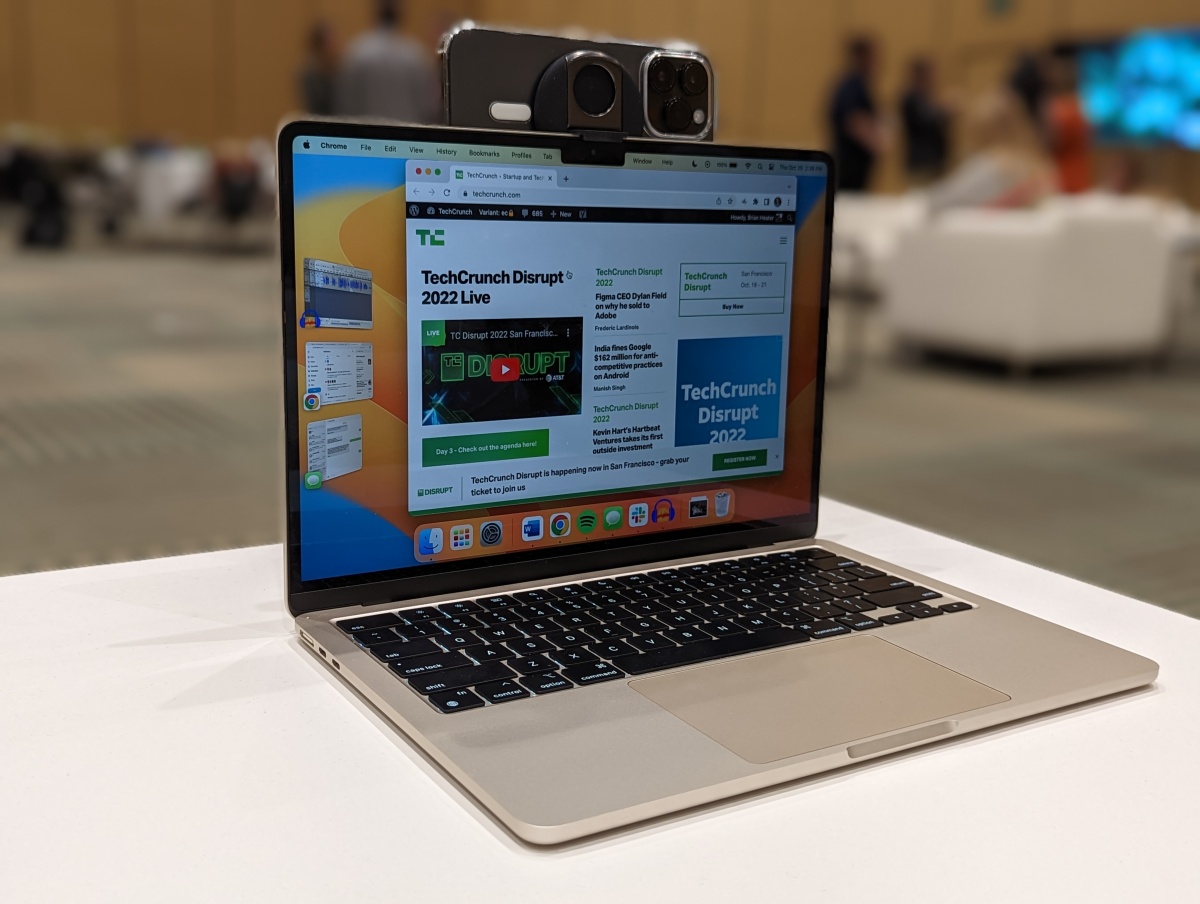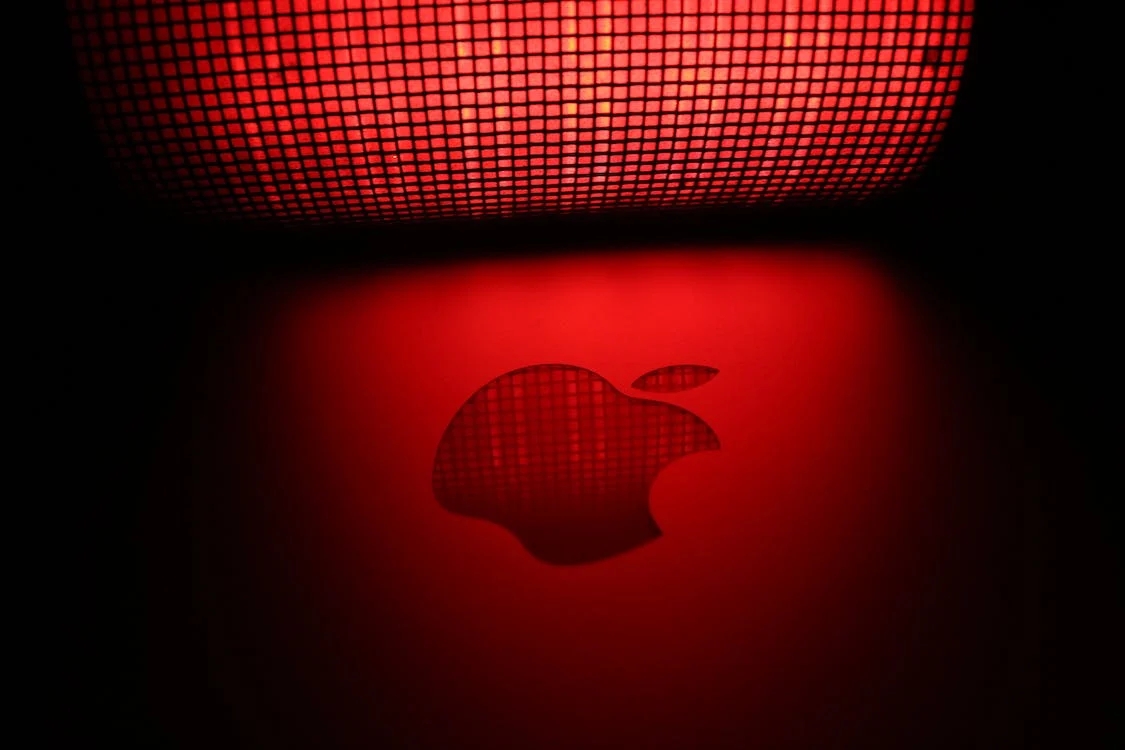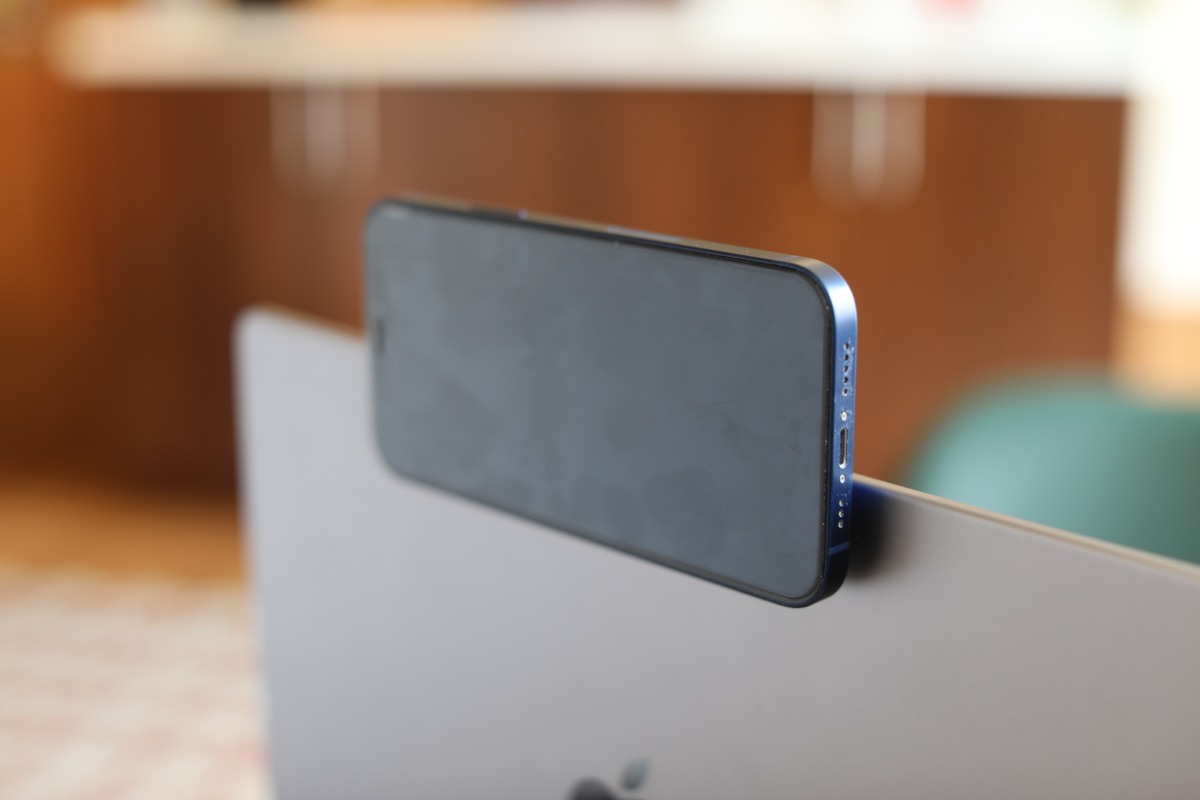Telehealth unicorn Cerebral lays off 20% of staff for ‘operational efficiencies’ • ZebethMedia
Cerebral is laying off 20% of its staff, citing an ongoing push for efficiency at the digital health unicorn. A spokesperson for Cerebral confirmed the layoffs to ZebethMedia but did not share the specific number of employees affected. According to the WSJ, which first reported the news, and Insider, some 400 people will lose their jobs, primarily clinical staff and care counselors. “Today’s changes are part of Cerebral’s ongoing transformation program, which drives to create more sustainable growth and stability, while further delivering our mission to democratize access to high-quality mental health care for all,” a Cerebal spokesperson told ZebethMedia. “These changes are focused specifically on realizing operational efficiencies while prioritizing clinical quality and safety across the organization.” The company did not explain what type of severance, if any, was offered to employees, but did tell ZebethMedia “we are doing everything we can to support our impacted colleagues as they pursue other opportunities.” Cerebral’s model explains care counselors meet with patients regularly to manage medications prescribed by clinicians and provide support. The SoftBank-backed company has come under scrutiny for making it easier to provide ADHD medication to potential clients. Perhaps too easy: allegations led to an investigation by the Department of Justice, into potential violations of the Controlled Substances Act for overprescribing prescriptions such as Adderall. A lawsuit was also filed against the company by Matthew Truebe, former vice president of product and engineering, alleging company higher-ups encouraged Cerebral employees to prescribe stimulants to all ADHD patients. According to a press release, the company has since stopped providing those services, citing the need to review its clinical quality and safety processes. “Based on recent feedback from stakeholders, it is clear that this has become a distraction from our focus to democratize access to mental health care services, provide treatment for more patients and add service lines for new conditions,” Robertson said in the release. The San Francisco-based company has raised over $426 million since its founding in 2020, $300 million of which was announced in a Series C last December. Cerebral is valued at $4.8 billion, according to Behavioral Health Business. Earlier this year Cerebral laid off “hundreds” of people primarily affecting its support and operations team to better its programs. At the time, the company did not provide any details to ZebethMedia explaining any severance offered to employees. Cerebral is just one of many healthcare startups making cuts in the past few months, such as Truepill and Noom. Current and former Cerebral employees can contact Andrew Mendez by e-mail at andrew.mendez@techcrunch.com or on Signal, a secure encrypted messaging app, at 669-832-6800.









